What is document management?
Document management refers to the capture, storage and retrieval of documents while a Document Management System (DMS) refers to a system that enables for the capture, storage and retrieval of the documents. The modern day DMS focuses more on electronic storage of documents as opposed to the traditional methods of filing in cabinets. Electronic folders can then be indexed by multiple pieces of information such as department, vendor, purchase order numbers or any other concept that makes business sense to an organization.
The main reason for having in place a document management system is that it provides for easier access to information. Access to information is enshrined in the Kenyan constitution through Article 35 which states:
- (1) Every citizen has the right of access to:
(a) information held by the State; and
(b) information held by another person and required for the exercise or protection of any right or fundamental freedom.
Access to information as envisaged by the constitution refers to the availability of information as and when required so as to serve the intended purpose. Access to information will only be possible as a result of proper document management.
What documents does a business need to manage?
These vary from business to business as well as from industry to industry. However, some of the most obvious that cut across all businesses include:
a) Financial records:
The Tax Procedures Act of 2015 harmonized tax compliance procedures in Kenya. In it a timeline of 5 years is set out as the minimum duration for record keeping of all tax compliance related matters. Some of the records that should be kept include sales and purchase orders, bank statements, credit and debit notes and monthly copies of ETR printouts. The burden of proof rests with the business or person who alleges to have paid the taxes and this can only be done by producing the payment receipts.
b) Employment records:
Every employer has an obligation to keep records of employees engaged under a contract of service. The Employment Act of 2007 sets 5 years as the bare minimum that these data must be kept. For each employee, these records will include the name, age, gender, address, form of the employment contract and place of work. (s.10 (6))
c) Legal/statutory records:
The Companies Act of 2015 stipulates that every company must keep record of its register of members, register of directors, record of minutes of board deliberations as well as records of the secretary if any. These registers are to be kept at the registered place of business and are subject to inspection by members or other authorized persons. (s.93)
What are the consequences of non-compliance?
Compliance means that the business not only keeps documents as stipulated by law but in addition keeps them for the duration required. Failure to keep the tax compliance documents warrants a fine of Kes.100,000 or 10% of the tax due from the transaction in which the said documents relate.
Failure by an employer to keep employee records for a period of 5 years results in the employer bearing the burden of proof for any legal proceedings arising as a result of that employment. (s.10 (7))
Non-compliance to the Companies Act (s.98 (2)) on maintenance of registers attracts a fine not exceeding Kes. 500,000 while failure to avail these registers or a copy thereof for inspection as and when required attracts a fine not exceeding Kes.75,000 for each offence. (s.98)
How do you stay compliant?
C&R Document Management System (“C&R DMS”) is the solution. We offer digitization, indexing and storage services. Digitization is done through scanning of documents using our top of the range scanners that ensure best quality. We then index based on your specifications that are most ideal to your business needs. You may then opt to store this in our central repository or have it stored at your business premises. C&R DMS assures of quick and easy retrieval of any document as and when needed, guarantees safety of the documents but most importantly guarantees compliance.
What are the advantages of DMS?
- Safety of the documents
- Ability to store voluminous amounts of documents
- Ease of retrieval
- Enables compliance
Anne Miano, Legal Manager, C&R Group




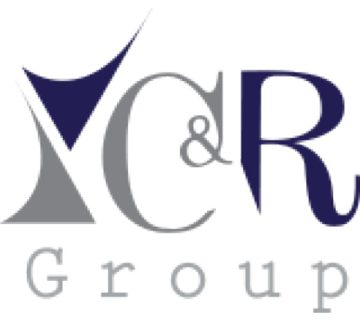
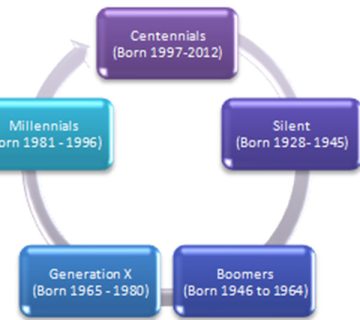
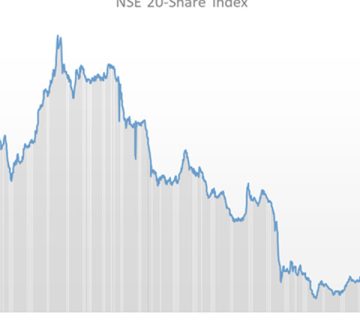









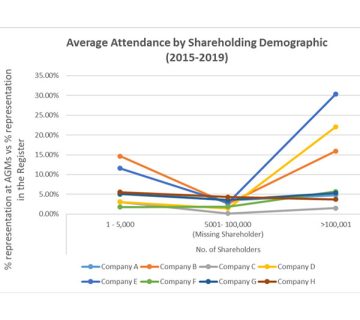











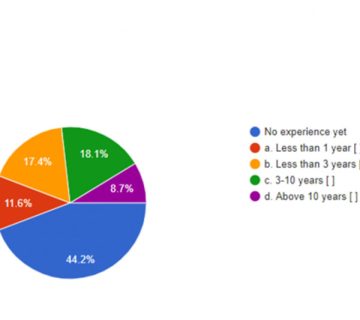







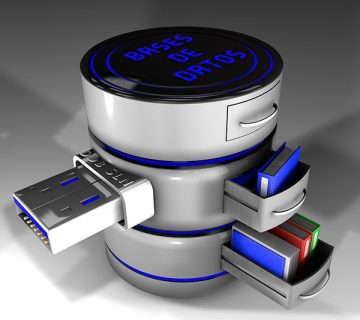
No comment